Doing an ant PhD: Giulia Blasi

Hello, my name is Giulia Blasi, and I am 26 years old. I grew up in a small town in the suburban area of Milan, Italy, where my curiosity about animals and nature began at a young age. I pursued my passion by studying Biological Sciences at the University of Milano Bicocca, where I became interested in microbiology. My interest in marine microbiology led me to enroll in the Marine Biology program at the University of Padua in Chioggia, close to Venice. I completed my master’s thesis in Padua under the guidance of Prof. Paola Venier, investigating the antiviral defense of bivalve mollusks like oysters (Crassostrea gigas) and the blood clam (Scapharca broughtonii) infected with Oyster Herpesvirus-1 (OsHV-1), applying bioinformatic tools. I then continued my studies in Mainz, working in the laboratory of Prof. Susanne Foitzik, where I am researching host-parasite systems and parasite manipulation.
An Interview compiled by Billu Das, Roberta Gibson, and Patrick Krapf
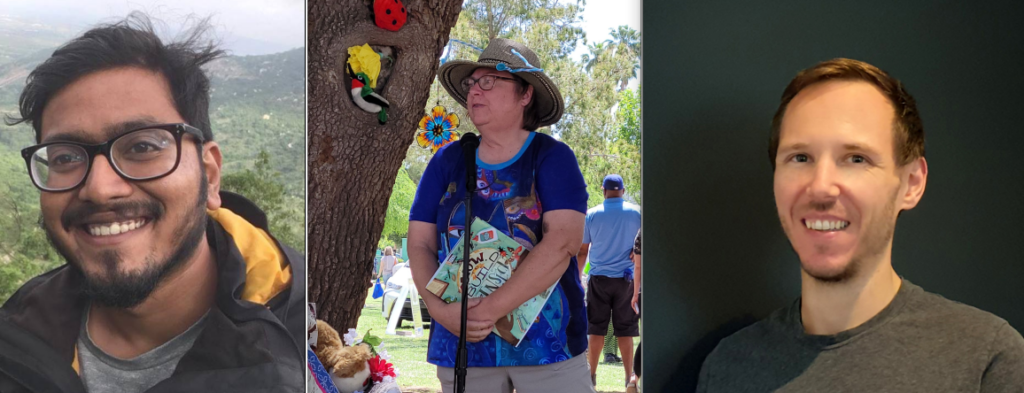
MNB: What is the topic of your PhD thesis?
GB: My experimental model is the parasitic cestode Anomotaenia brevis, which alters the phenotype of its intermediate host, the acorn ant Temnothorax nylanderi. Ant larvae are infected when they feed on cestode eggs. Infected ants are inactive, poorly melanized, and their lifespan is extended, making it comparable to that of the queen, which can live up to two decades in this species.Conversely, the workers, being sterile, exhibit varying lifespans ranging from weeks to months to a few years. In my Ph.D. project, I am comparing the epigenetic landscape of infected ants with that of non-infected ants to understand how gene regulation works in this host-parasite model system. In addition, I am trying to analyze the nature of the of yet uncharacterized cestode genes, whose protein products are released into the hemolymph (ant-blood) of the host. Another goal of mine is to evaluate the effects of such secreted proteins on host behavior, gene expression, and cuticular hydrocarbon profile.

MNB: In which year of your PhD studies are you now?
GB: I just started the second year of my PhD.
MNB: Why ants?
GB: It is a frequently asked question, especially when transitioning from a distinct field like marine biology. I was fascinated by the complicated host-parasite system in my experimental model, and I was encouraged to investigate and understand the complexities of the relationship between host and parasite in my research.. In addition, this complex host-parasite interaction takes place within a developed social organization like that of ants, which makes it even more amazing.
MNB: How do you feel about fieldwork?
GB: I like doing fieldwork. Since infected ants are particularly rare in the wild, I frequently sample my acorn ants (T. nylanderi ) in the Lenneberg Forest near Mainz. Acorn ants are common in Germany, so I do not have to travel to sample them. It turns out to be particularly convenient, but, also, I miss the opportunity to perform fieldwork in other countries!
MNB: … about identifying ants using a key?
GB: For now, I do not use any biological key. We collect our colonies from sticks that, in most cases, contain colonies of T. nylanderi. Infected ants are easily identified by their bright yellow color. In a few circumstances, T. affinis colonies may be collected. Although workers of both species have similar dimensions, the latter can be distinguished from T. nylanderi due to a darker coloration of their heads and abdomens.
MNB: … working in the wet lab?
GB: Before the start of my Ph.D., I had a lack of wet lab experience. I am acquiring them while working on my projects, thanks to the help and advice of the people in the laboratory (especially for applying RNAi technique on ants). Although, the first thing I learned was how to collect, maintain, and dissect my ants.
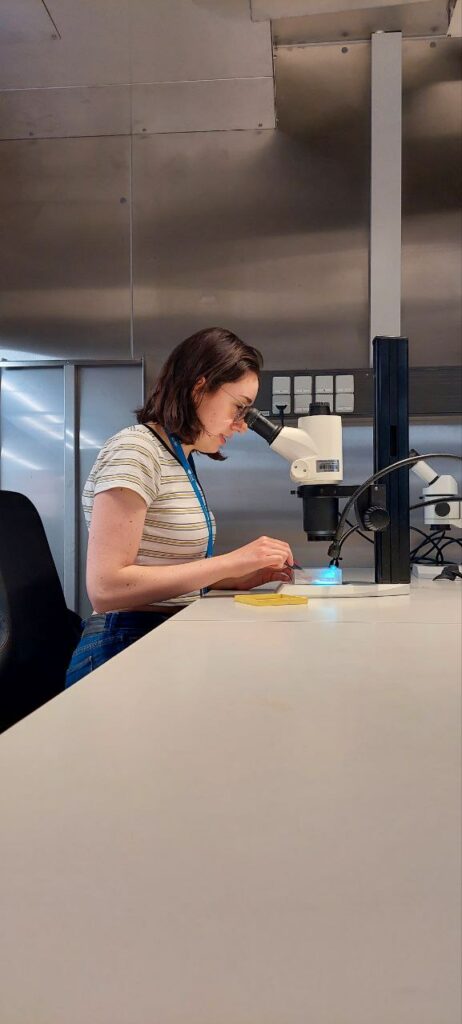
MNB: Have you been involved in any of the -omics approaches, and what was your experience?
GB: In my previous master’s thesis, my research focused on analyzing transcriptomic data without handling their production. However, for my upcoming Ph.D. studies, I will be involved in every step of the process, from data production to the final data analysis. My research will specifically concentrate on epigenomics, where my primary focus will be on the bioinformatic part.
MNB: Did you acquire your statistics knowledge in university courses, from your supervisor, or on your own?
GB: Although I have a foundation in statistics, thanks to my university courses and practical experience, there is always room for improvement. Fortunately, I have been lucky enough to work alongside talented colleagues and supervisors who have provided invaluable guidance and support.
MNB: What is the ideal frequency of meeting your supervisor for discussing your research from your point of view: daily, weekly, or monthly?
GB: It depends on the phase of my project, but I would say every about 2-3 weeks. On the other hand, I like more frequent meetings if I am running an experiment. The same also happens when I have results to discuss before continuing with my project. Additionally, my supervisor is very helpful; there are frequent discussions via email or impromptu meetings to talk about the issues I am addressing at that time.
MNB: If you have a great idea, how do you find out if it’s great: sitting down and thinking, discussing with your supervisor, discussing with colleagues from the group, discussing with someone not into science?
GB: I believe that, initially, most of my ideas come from conversations with colleagues or extensive literature reviews. Therefore, I typically turn to papers or seek input from individuals with more expertise on the subject, before consulting with my supervisor. Whereas, sometimes, the most intriguing ideas have arisen from discussions with my supervisor.
MNB: How many papers do you read in an average week?
GB: On average around 3 papers per week, but it highly depends on what I am doing at that time. If I am writing or searching for validation/ideas, I would say many more per day.
MNB: In an ideal world, is the working group you belong to small or large?
GB: In an ideal world, I believe a laboratory should be neither too big nor too small. A larger laboratory provides the opportunity for more help and exchange of ideas, but being in a laboratory with too many members may not ensure proper tutoring.
MNB: And ideally, is your uni close to your fieldwork site or in an urban area?
GB: I am lucky in this regard; my university is close to the city center and its services. The forest is only a 20-minute drive from the main office, and for this reason, I can also collect ants when I need.
MNB: Have you profited more from attending conferences with narrower or with broader scope?
GB: I have benefited in both cases. I find it helpful to listen to others’ work, and from different fields, as it broadens my perspective. However, I prefer to hear discussions on topics relevant to my project, as it helps me relate and apply ideas to my work.
MNB: What is most relevant to you at a conference: attending talks, giving a talk, meeting senior scientists, meeting other students?
GB: For now, I only gave a short talk at a small conference, so I do not have much experience in this. In my opinion, any activity can be helpful, but I prefer to engage in discussions with senior scientists and students. Through sharing ideas and suggestions, new perspectives and concepts can emerge that can contribute to moving research forward.
MNB: Did you ever participate in a science slam and if so, what was your experience?
GB: No, not for the moment.
MNB: If you would get 100,000 Dollars to spend for your research project, what would you do with it?
GB: A lot of sequencing! Since the cestode A.brevis is capable of infecting different species of Temnothorax ants, I would probably use the money to sort more samples to possibly study host-parasite interaction and their variation according to the population under consideration.
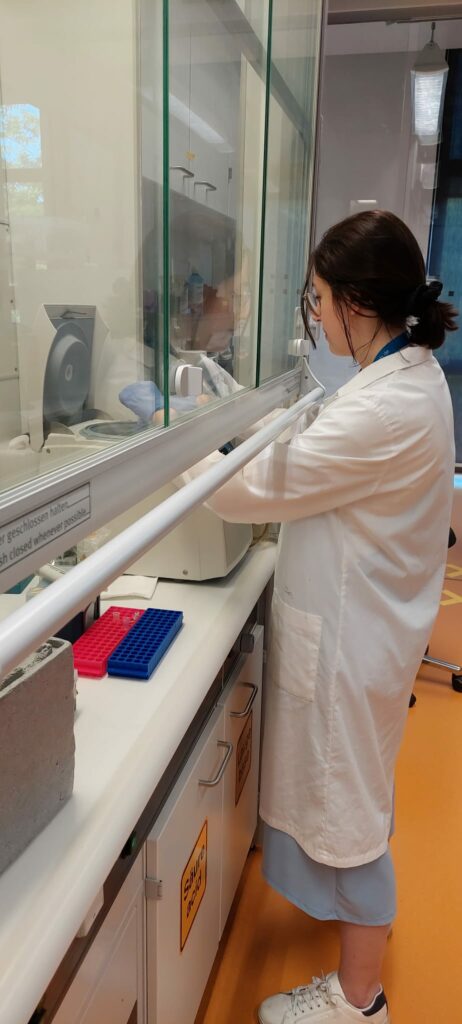
MNB: What helps you best in your spare time to relax from work?
GB: Take long walks, swim, watch movies and especially enjoy the company of my friends.
MNB: How do you celebrate successes like getting a paper accepted, a proposal granted, or the like?
GB: First, sharing it with my family and, later, having a beer with my friends and colleagues.
MNB: What is your personal trick to get over periods of low(er) motivation?
GB: I do not have a personal trick to get over periods of low motivation, especially when I am learning new techniques or when my experiments fail. I find it helpful to talk to my friends and colleagues; sharing my experiences with them helps me navigate through these times.
MNB: What do you do to get over frustration about what you consider as unfair criticism by a reviewer?
GB: I haven’t encountered this problem yet.
MNB: What is the one thing you would do differently when starting your PhD thesis again?
GB: I believe that seeking additional assistance from my colleagues would benefit me, and I may need to be more forgiving of my mistakes. It is natural to encounter difficulties dealing with new study organisms and techniques, especially coming from a different background, and it is all part of the learning process.
MNB: Would you like to stay in science?
GB: I would love to stay in science, but most likely not in the university. I would later move more towards a corporate environment but preferably remain in research.
MNB: If you will be supervising PhD students yourself, what will be the most important thing you will expect from your students?
GB: I would say passion and resilience. Experiments do not always work the desired way, so it takes a lot of patience to figure out what may have gone wrong and how to remedy your mistakes.
MNB: … and what will be the most important thing you will want to take care of in supervising?
GB: While guiding the progression, my priority would be ensuring accessibility to students whenever feasible. Regarding the academic aspect, I aim to engage in scientific discussions with them while providing moral support. Given the demanding nature of the Ph.D. journey, it is necessary not to overlook the significance of mental well-being.
MNB: The higher the career level, the fewer women, also in ant research – what do you think will be most important for achieving gender equality in this respect?
GB: I think that this topic has potential beyond the research area. In my view, there should be regulations enforced that ensure equal representation in top positions. Maternity should not hinder one’s career progression, and benefits such as time off work should be provided without any negative impact on one’s professional growth.
MNB: Original article or review article?
GB: Original article.
MNB: Reading or writing?
GB: Reading.
MNB: Writing or reviewing?
GB: Reviewing.
MNB: Reviewing or considering criticism by someone else?
GB: Still reviewing.
MNB: The first or last 5% of time you spend with writing a manuscript?
GB: The last 5% of my time.
MNB: Informative or sexy paper title?
GB: Informative title.
MNB: Table or figure?
GB: Figure.
MNB: Web of Science or Google Scholar?
GB: Web of Science.
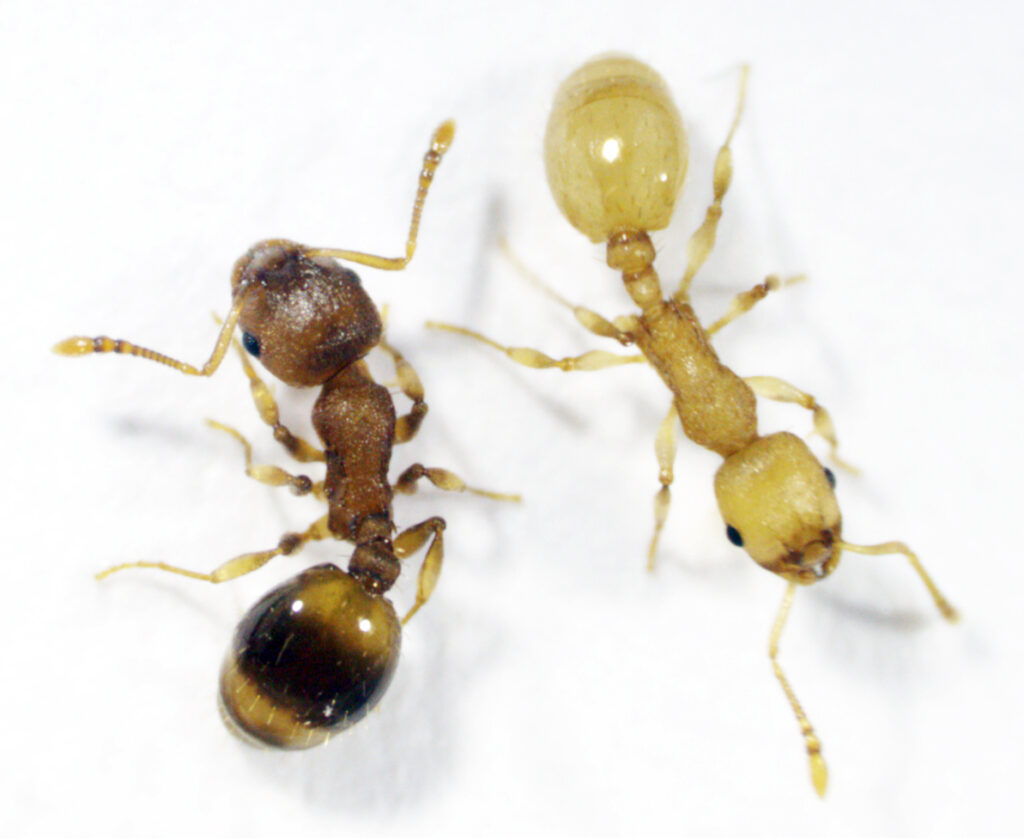
MNB: Journals financed by the author (open access) or the reader (subscription)?
GB: Open access.
MNB: Windows, OS, or Linux?
GB: Linux.
MNB: Command-line or graphical-user interface?
GB: Command-line.
MNB: Mouse or touchpad?
GB: Mouse.
MNB: Facebook or Twitter?
GB: Twitter.
MNB: Bus or bike?
GB: Bus.
MNB: Breakfast or dinner?
GB: Breakfast.
MNB: Sun or rain?
GB: Rain.
MNB: Diploid or haploid?
GB: Diploid.
MNB: Sting or acid?
GB: Sting.
MNB: Social parasite or host?
GB: Host.
MNB: Your favourite ant paper?
I would say this paper: Parasite Presence Induces Gene Expression Changes in an Ant Host Related to Immunity and Longevity, Marah Stoldt Linda Klein, Sara Beros, Falk Butter, Evelien Jongepier, Barbara Feldmeyer, Susanne Foitzik – Genes 2021, 12:95; https://doi.org/10.3390/genes12010095
MNB: Your favourite ant?
Obviously Temnothorax nylanderi! Although working with them from a molecular point of view can be challenging given their small size.
MNB: …and if in another life you would be an ant, what ant would that be?
I would say one of the species of Temnothorax; they are small, cute and very resistant!
MNB: In a future interview, whom (researcher, PostDoc fellow, or PhD student) would you like to see featured? Please name two persons with an equal balance of female and male researchers.
GB: Dr. Roberto Bonasio, Univeristy of Pennsylvania in Philadephia (USA) and Dr. Charissa De Bekker, Utrecht University (the Netherlands).


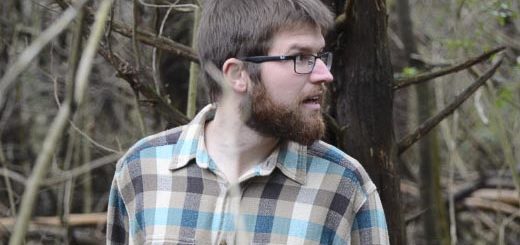
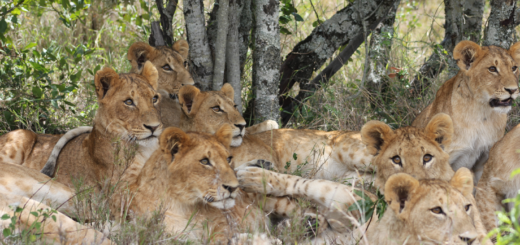

Recent Comments